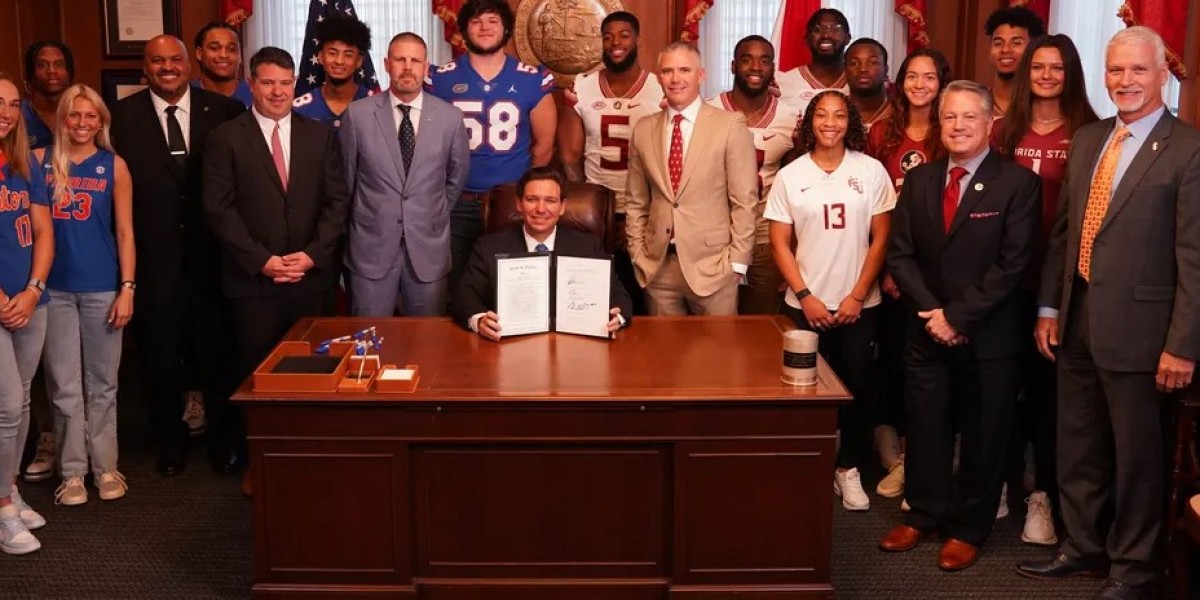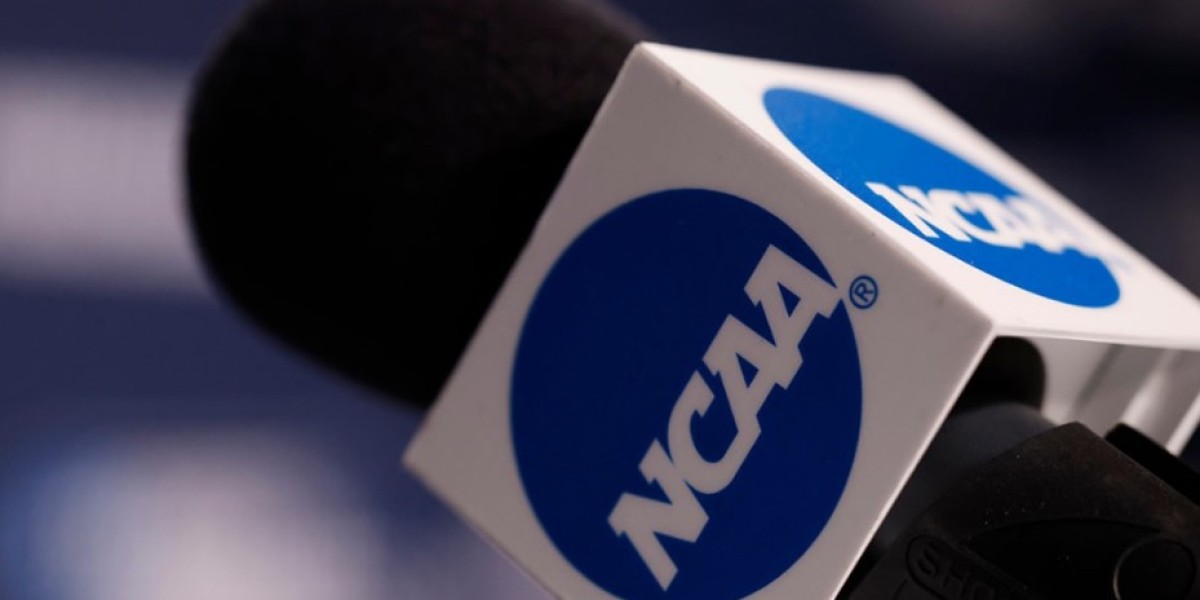by Bill Taylor
Most executives think they know who theyre competing against the major firms in their field or entrepreneurial ankle biters with a new technology or business model. But what happens when your competitors arent who you think they are? Specifically, how do you devise a winning business strategy when you are competing not just against incumbents or upstarts from your industry, but against the ever-changing expectations of your customers, whose encounters with products and services reach far beyond the established boundaries of your industry?
The answer, I believe, starts with an insightI first heard from Bridget van Kranlingen, a senior executive at IBM. The last best experience anyone has anywhere, she noted, becomes the minimum expectation for the experience they want everywhere. In other words, if youre a car dealer, customers arent just evaluating how you treated them based on how theyve been treated by other car dealers, theyre comparing you with how they were treated by an amazing hotel or fashion retailer. If youre a financial-services firm, customers arent sizing up your online banking system against rival systems from two or three other financial companies, theyre comparing it with the ease-of-use of Grubhub, Airbnb, and other consumer apps.
The ultimate test of your strategy is not how well you stack up against what your rivals are already doing, but whether or not you live up to what your customers believe you can and should be doing.
One of the first set of business leaders to understand this shift in mindset (and they understood it long before Bridget van Kranlingen made her declaration) were the Toyota executives behind the launch of Lexus, one of the most successful new luxury brands of the last quarter century. It was an audacious strategic bet: Reliable-but-boring Toyota would launch a new brand and standalone company to go up against BMW, Cadillac, and Mercedes-Benz.
But this brand, they understood, was not just about introducing a new car; it was about inventing a new approach to luxury in the automobile business. Our customers dont compare us to other car brands, David Nordstrom, who is now vice president of Lexus for the Asia-Pacific region, told me several years ago, when I was researching the launch and growth of the company. They compare us to other luxury brands. You have a certain experience with Tiffany or the Four Seasons. Thats the experience you expect at Lexus. People dont say, Well, this is the car business, so our expectations should be different.
This is a hugely important strategic insight, one that has guided Lexuss approach to sales and service ever since. Early on in the brands development, the company sent 500 dealers and general managers for training at a Four Seasons resort in Carlsbad, California. They noticed all sorts of little techniques the hotel used to create a distinctive experience, and then put their own spin on them for the dealerships: flowers in the showroom, marble floors in the bathrooms, bottled water and chocolates in the cars when customers retrieved them from the service department. Years later, Lexus was impressed by the positive energy and problem-solving skills in the Genius Bars inside Apples retail stores. So it created Answer Bars in its dealerships, modeled directly on Genius Bars, to teach customers about the sophisticated technology in the vehicles, troubleshoot problems, and get them more excited about their cars.
A few months ago, during a visit to Savannah, Georgia, I spent time with an entrepreneur named Jesse Cole, the owner and CEO of a baseball team called the Savannah Bananas. To say that Cole has devised a radically new way to compete in his sport would be to understate his strategic innovations. He and his colleagues have simplified the economics of attending a game, revolutionized the experience of being in the stands, even rewritten the rules of baseball itself. The result is a huge commercial success that has attracted all kinds of attention from business commentators and the sports world. ESPN went so far as to call the Savannah Bananas the greatest show in baseball, and aired a five-part documentary on its rise.
When I spoke with Jesse Cole about how he devised his strategy, he made clear that his goal was not to do things a little differently than other baseball teams, or to do them a little better than how the Bananas have done them in the past. His goal was to rethink and reimagine what is possible in terms of the entertainment experience of a baseball game, and the emotional and psychological relationship between a team and its fans. Which means he looked for strategic inspiration to Disney, Broadway, and Apple, rather than to established practices from other baseball teams or the sports world in general.
Lior Arussy, who has advised some of the worlds best-known brands on the relationship between strategy, innovation, and the customer experience, argues that many companies fail to devise winning strategies because they dont think expansively enough about what is possible in their industry. The problem is not that organizations are inefficient or out of touch. The problem is that they are narrow-minded. And narrow-minded organizations dont lend themselves to breakthrough strategy. We are living in a new world, he told me. Customers no longer accept on okay job. Its exceptional or nothing. Impress me, surprise me, do something I will remember thats what customers want. Thats what organizations have to deliver.
So when it comes to strategy, one way to meet radically new expectations in your industry is to draw from the impressive and surprising strategies that are being used in other industries. Why cant interacting with an insurance company be as responsive and transparent as interacting with Uber? Why cant checking into a hospital be as seamless as checking into a hotel? If I can be pre-approved for a home mortgage in less than 30 minutes on the Rocket Mortgage app, why does the real-estate industry still require a small mountain of forms, tax statements, and other documents to be approved for a one-year apartment lease?
These are the sorts of questions that more and more customers are asking, and the questions that a winning business strategy must answer. You wont find those answers if you limit your strategic vision to what other companies in your field are doing. Remember, your competitors arent always who you think they are.
https://hbr.org/2022/11/your-competitors-arent-always-who-you-think-they-are








